How to Treat Fleas Cats: Quick & Effective Remedies
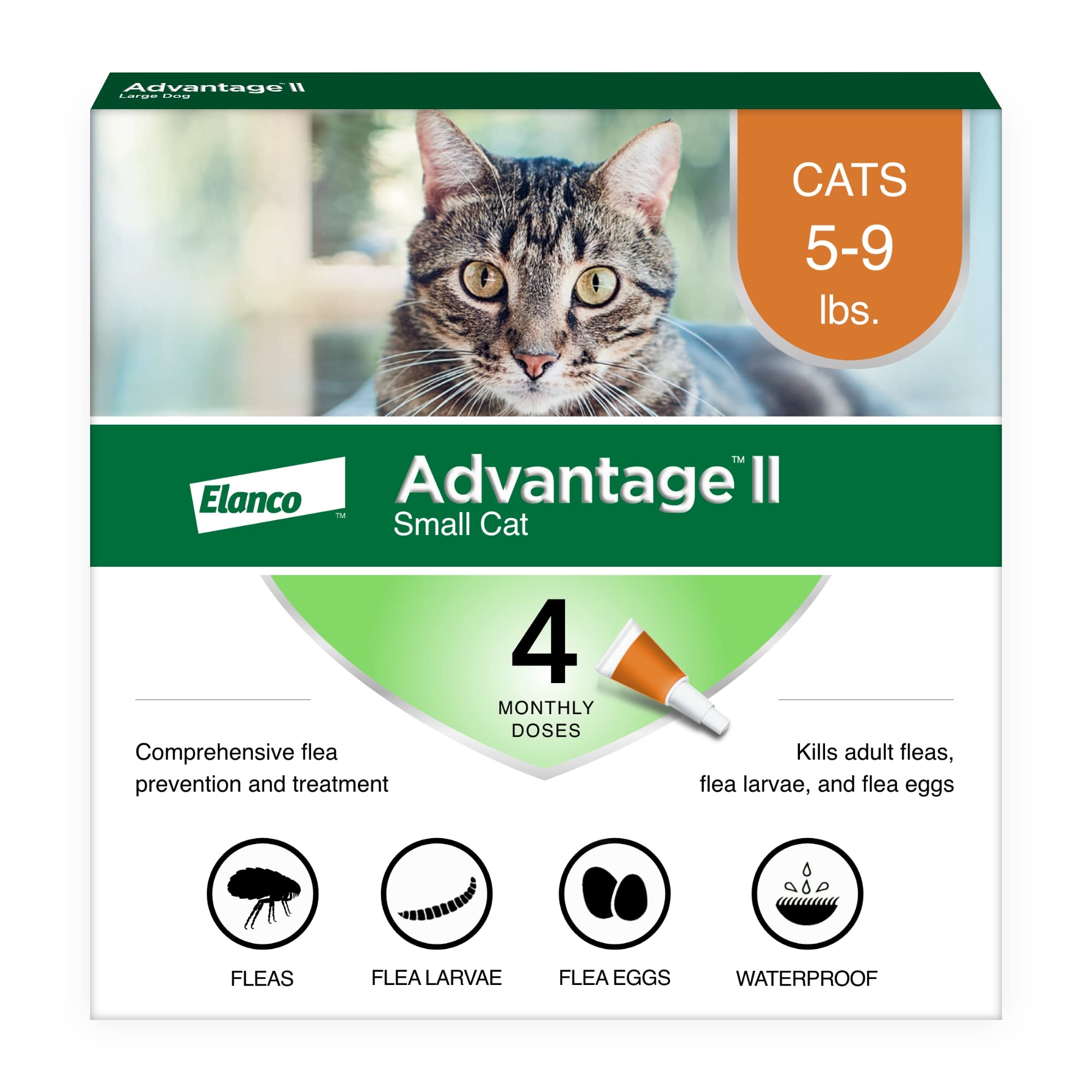
How to Treat Fleas Cats: For cats, treating fleas can be a serious issue. These microscopic pests can cause discomfort and irritation, which can result in major health problems.
Cat fleas must be treated for the sake of their health. Fleas can spread swiftly and penetrate your home, making it vital to act fast. Your cats can avoid discomfort and aggravation by knowing how to properly treat fleas. There are numerous choices, ranging from collars and environmental sprays to topical treatments.
Every technique has advantages of its own. Selecting the appropriate one for your feline companion might have a significant impact. Learn how to spot flea infestations and investigate efficient treatment alternatives with the aid of this guide. Fleas should not be a hindrance to your cat’s happiness or health.
An Overview of Cat Flea Issues
For cats, fleas are a common problem. They are little yet can create significant difficulties. Your cat’s skin is home to these microscopic insects. They can be quite painful for cats and feed on blood.
Infestations of fleas are common. They can occur in any pet-owning home. It doesn’t take long for a few fleas to multiply. Fleas from other animals or outdoor environments can infect cats.
Flaws can have major consequences. They irritate the skin and create itching. Some cats may injure themselves by scratching excessively. Additionally, fleas might cause more significant health problems.
Diseases can also be transferred by fleas. Some cats may get anaemia as a result of them. The body doesn’t have enough red blood cells in this condition. Treating fleas in cats as soon as possible is crucial.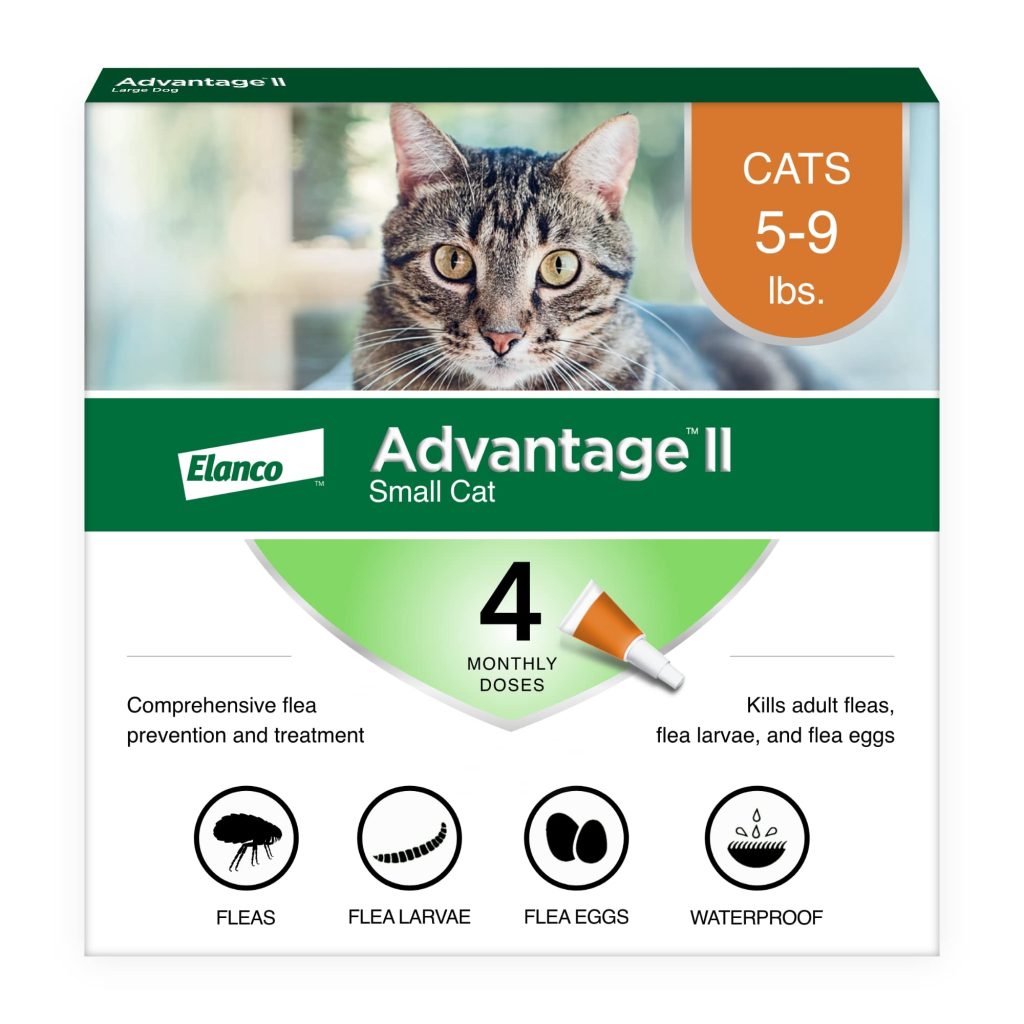
Source: Amazon.com
Recognizing Your Cat’s Fleas
Your cat may have issues due to fleas. Check for signs of skin biting or scratching. This is a typical flea symptom. Red pimples or inflamed skin may be seen. Look for flea filth, which resembles black dots. In reality, these dots are flea droppings. Your cat probably has fleas if you see them.
Excessive grooming is another indication. To stop itching, cats may groom more frequently. Additionally, you may notice that your cat is less active or restless. These alterations may cause discomfort. Examine your cat’s fur carefully. Fleas are adept at hiding, particularly in thick fur.
Quick Steps To Take To Fight Fleas
Isolate the diseased cat from other pets. This lessens the fleas’ ability to propagate. The cat should be kept in a different room. To assist them, use a flea collar or treatment.
It is crucial to keep the environment clean. Use boiling water to wash all pet bedding. Vacuum floors and carpets often. The vacuum bag should be disposed of outdoors. This helps get rid of any eggs and fleas that might be hiding.
Consider using a flea spray in your home. Verify that pets can safely use it. Any places where your cat spends time should be treated. Repeat cleaning regularly to keep fleas away.
Topical Treatments For Fleas
Cat fleas are frequently treated with topical medications. Directly apply these therapies to your skin. Pay attention to the space between the shoulder blades and the back of the neck. The cat is less likely to lick it off in this spot.
Precautions for safety are crucial. Always start by reading the product’s label. Use only cat-specific products. Cats should never receive dog treatments. They might be dangerous.
Keep your cat calm throughout the application. After giving them praise, reward them with treats. After administering the treatment, wash your hands. Don’t touch your eyes or face.
Flea treatments should be kept out of reach. Keep dogs and children away from them. For safe use, adhere to all directions.
Oral Medications For Flea Removal
Oral medicines are typical for flea control in cats. Fleas can be swiftly killed with these medicines. Among the popular choices are
- Comfortis: Kills fleas in 30 minutes.
- Capstar: Works within 6 hours.
- Advantage II: Prevents flea eggs from hatching.
Dosage matters. For the proper amount, heed your veterinarian’s advice. Take the medication with food. This makes it easier for your cat to swallow. Keep an eye out for any negative affects on your cat. Loss of appetite and vomiting are frequent adverse effects. If you observe these, contact your vet.
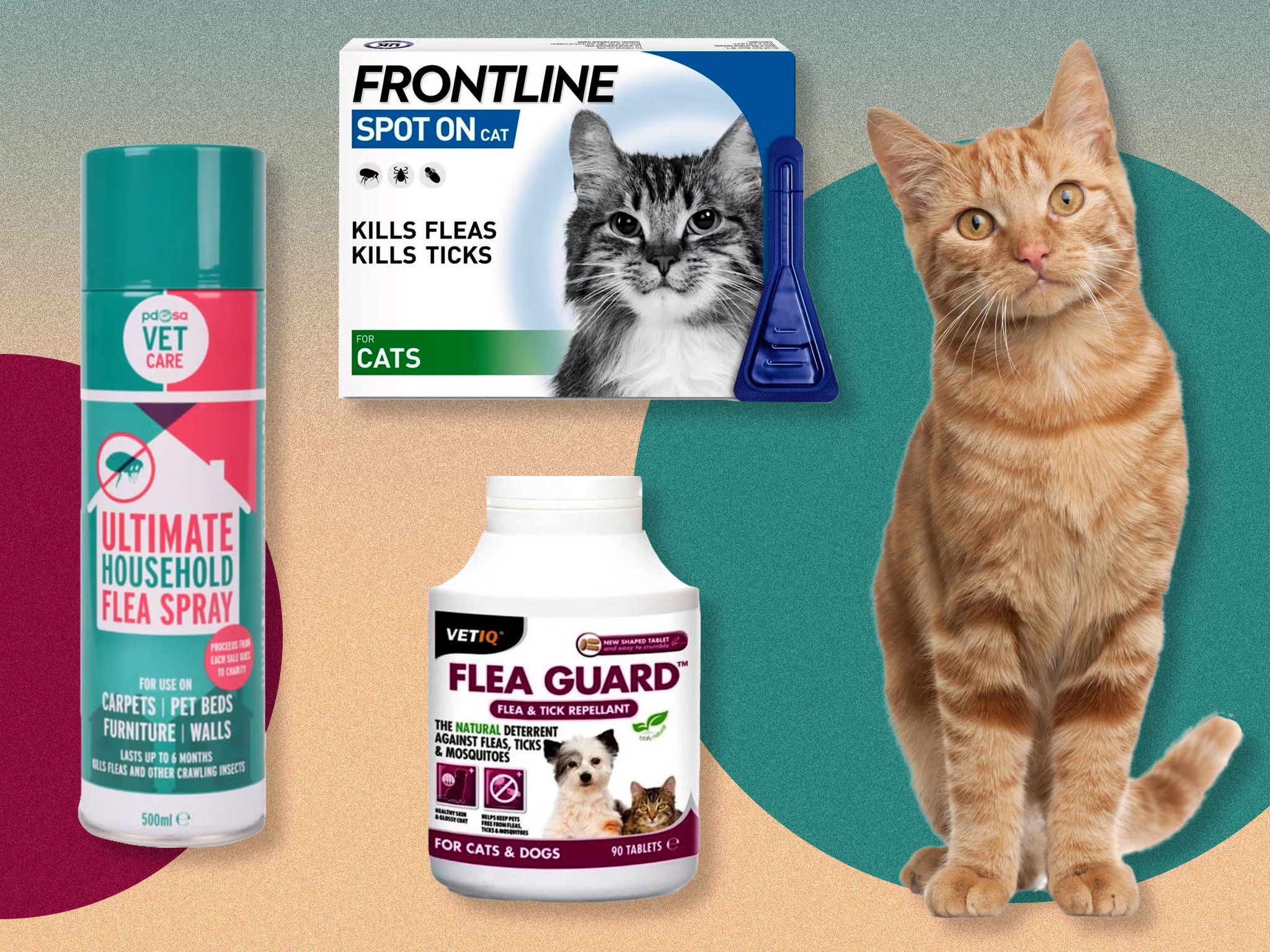
How to Treat Fleas Cats
Credit: www.independent.co.uk
Natural Remedies And Preventatives
To treat fleas, many cat owners look for natural solutions. Herbal solutions can be effective. Fleas are repelled by some herbs. Neem, lavender, and rosemary are a few examples. You can use these herbs in a spray. Combine them with water, then mist your cat’s fur. Always start by testing a small area.
Supplements to the diet can also be beneficial. A cat’s health is improved by certain vitamins. Omega-3 fatty acids enhance skin health. Fleas may also be repelled by brewer’s yeast. Always consult a vet before introducing supplements. They can assist you in selecting the best solutions for your feline companion.
The Value Of Consistent Grooming
Regular grooming is very important for your cat. It maintains the cleanliness of their coat. It is a wise decision to use a flea comb. This gadget aids in the removal of eggs and fleas. Gently and slowly comb your cat. See what you find by frequently checking the comb.
Cats can benefit from bathing as well. Use a mild cat shampoo and warm water. Rinse well. Water doesn’t appeal to fleas. A good bath can help reduce them. Use a towel to pat your cat dry. During the bath, keep your cat relaxed.
Options for Professional Treatment
In order to treat cat fleas, veterinary services are essential. A veterinarian can prescribe the appropriate drugs. These could be injections, topical medications, or pills. All of the options are effective against fleas.
Services for fumigation can also be beneficial. Fleas are eliminated from your house with these treatments. They spray particular treatments to kill fleas. This protects your cat from infestation in the future.
Both choices work well. For the best option, speak with a veterinarian. For the sake of your cat’s health, you must keep them flea-free.
How to Avoid Flea Infestations in the Future
Fleas can be avoided by keeping your home clean. Frequently vacuum carpets. Pay attention to your cat’s sleeping spots. Every week, wash your pet’s bedding. Fleas can be killed with hot water.
Clean the furniture and flooring as well. Regularly mop rough surfaces. This eliminates flea larvae and eggs. Clear out your house. Fleas have fewer hiding places when there are fewer objects.
Frequent treatments prevent fleas. Make use of topical treatments or flea collars. Discuss your options with your veterinarian. For optimal results, carefully follow the directions.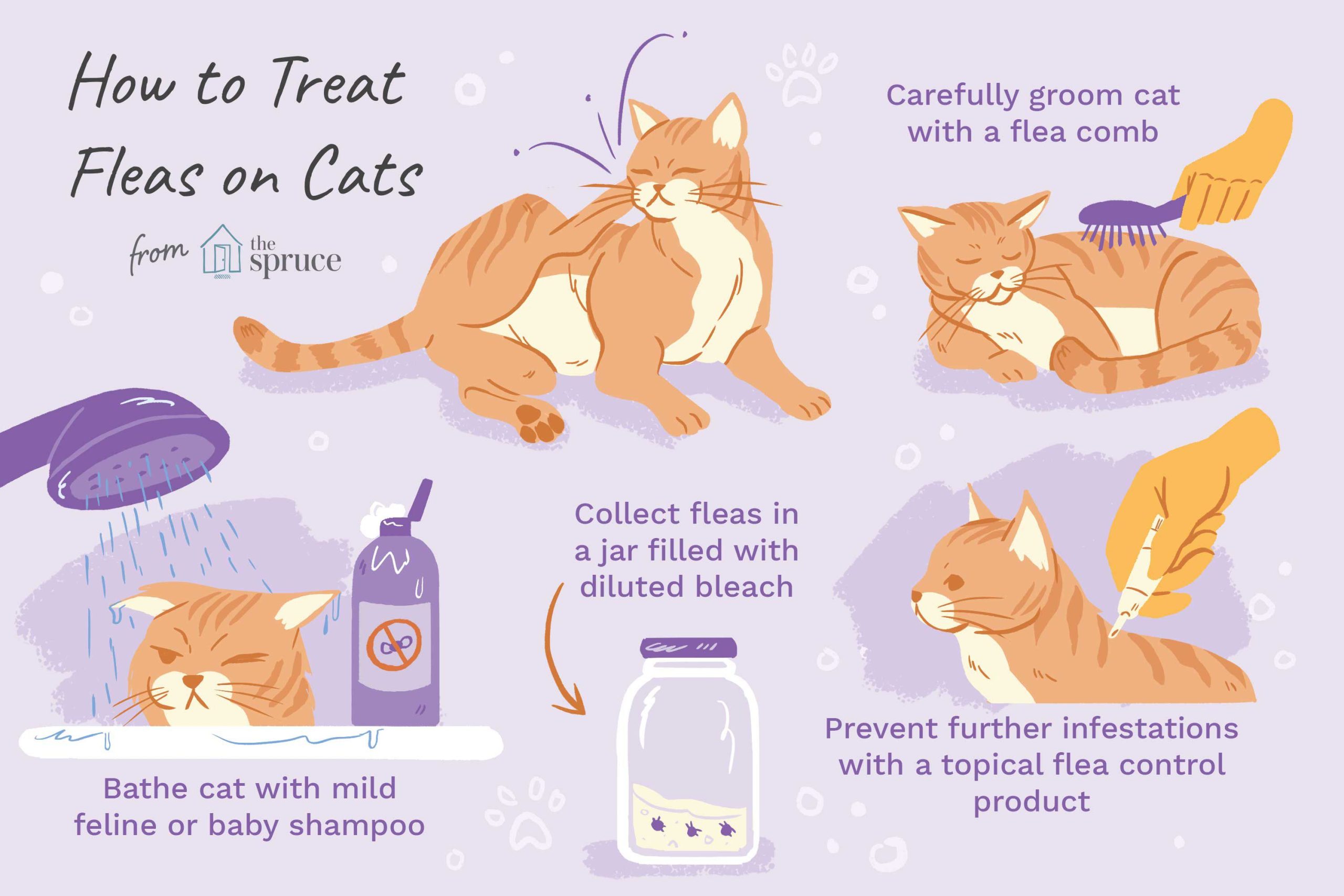
Credit: www.thesprucepets.com
Conclusion: Staying Vigilant Against Fleas
It is critical to monitor your cat’s health. Keep an eye out for biting or scratching. These symptoms could indicate the presence of fleas. Regular checks can spot problems early.
For your pet’s comfort, flea control must be done all year long. Apply flea treatments on a monthly basis. For the best possibilities, see your veterinarian. Make sure your house remains tidy. Clean the bedding frequently and vacuum the carpets.
Consider utilising flea collars or topical treatments. By using these products, fleas may be kept from settling in. Don’t forget to frequently check on your cat. Keep an eye out for flea infestations.
Frequently Asked Questions
How Can I Tell If My Cat Has Fleas?
Inspect for excessive grooming, biting, or scratching. Examine your cat’s fur for flea dirt, which manifests as tiny black dots. Additionally, you might see tiny red pimples on their skin. By performing a comprehensive examination, a veterinarian can verify the existence of fleas.
What Are The Best Flea Treatments For Cats?
Effective flea treatments for cats include topical treatments, oral drugs, and flea collars. Consult your veterinarian to find the best option for your cat’s specific needs. To keep flea infestations under control and stop outbreaks in the future, regular treatments are necessary to keep your cat comfortable and healthy.
How Often Should I Treat My Cat For Fleas?
During flea season, treat your cats for fleas once a month. Monthly treatments are recommended in locations where fleas are present throughout the year. For specific advice, speak with your veterinarian and always abide by the product’s instructions. Frequent treatment protects your cat from flea-related illnesses and helps avoid infestations.
Can I use dog flea treatments on my cat?
No, don’t treat cats with dog flea treatments. Many components in dog medicines are hazardous to cats and can cause serious responses. Always pick goods with a cat-specific label. For safe and efficient flea management solutions specific to your feline companion, speak with your physician.
Conclusion
How to Treat Fleas Cats: Cat flea treatment calls for patience and attention to detail. Begin with effective flea treatments. Frequent cleaning keeps fleas out of your house. Always look for fleas on your cat. For the best advice, speak with your veterinarian. To prevent infestations in the future, prevention is essential.
The effort is worth it for a contented, healthy cat. To keep your pet safe, follow these precautions. You can defeat fleas if you put in the time and effort. Keep your feline cosy and secure. In the end, your efforts will be rewarded.



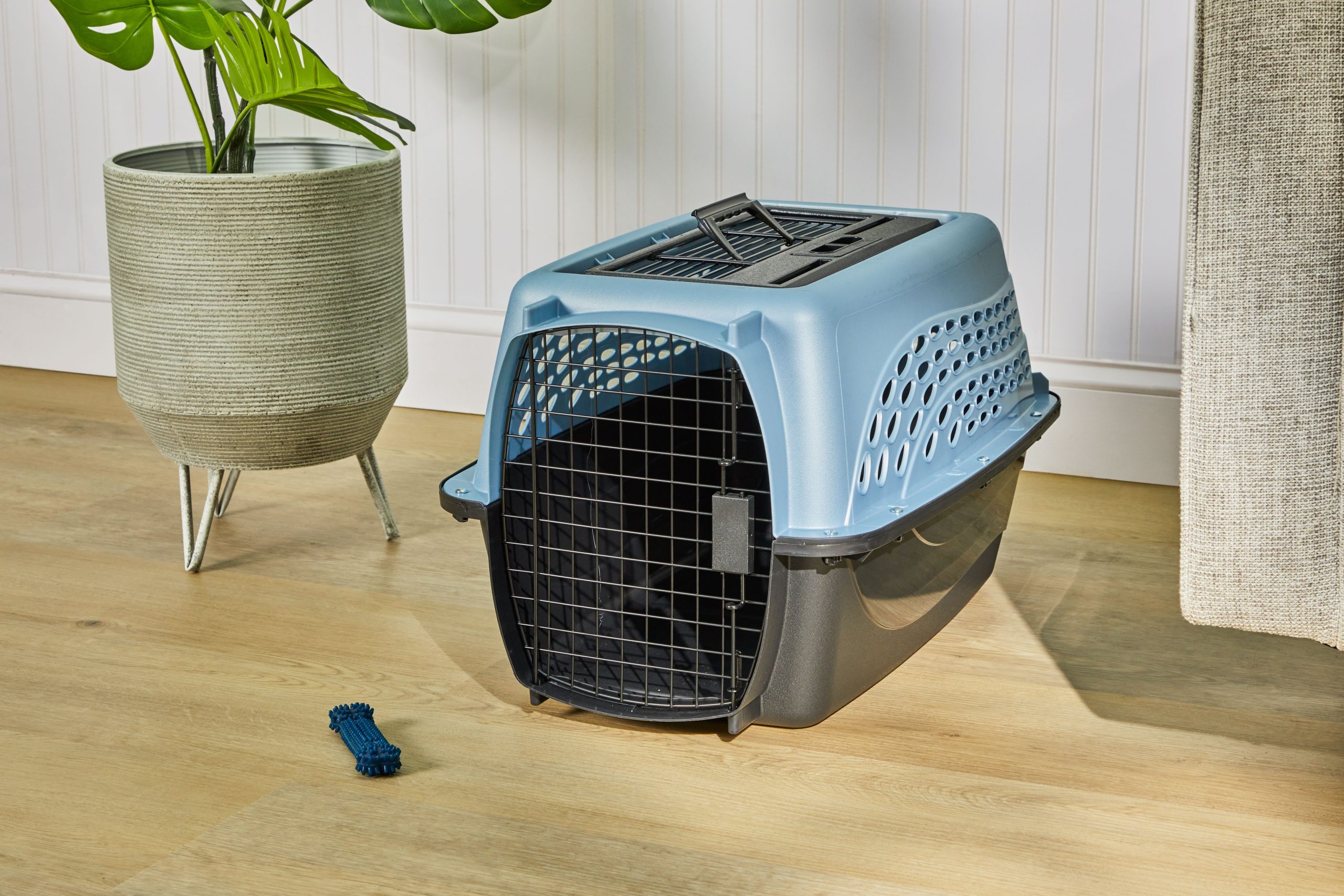


[…] can treat fleas on your cat naturally using essential oils, diatomaceous earth, and flea-repellent herbs. Always […]